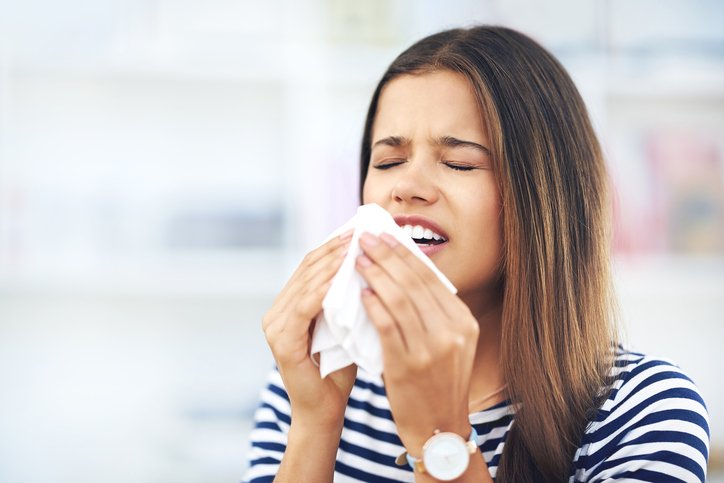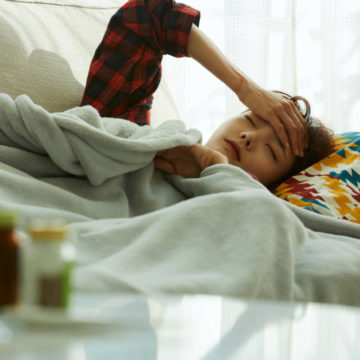Spring is a welcome arrival for many people after the freezing temperatures many have to endure during the winter months.
However, for the minority whom experience allergies such as asthma and hay fever, this time of year can cause an increase in headaches, accompanied by the symptoms of seasonal allergies.
In this article we aim to explore the connection between migraines, hay fever and allergies, and offer some tips on how to avoid “Spring Migraines”.
How are hay fever and asthma linked to migraines?
Studies have shown that migraines are more common in those with hay fever and asthma. Research demonstrates that headaches are 14 to 28 percent more frequent for those with migraine and hay fever than for those suffering from migraines alone, and that people with episodic migraines and asthma are 2.1 times more likely to develop chronic migraines (more than 15 days per month with headaches).
There are a number of different ways that hay fever and asthma could increase the frequency of migraine attacks. First of all, increased inflammation could boost the quantity of migraines. As well as this, nasal congestion triggered by hay fever could activate the trigeminal nerve in the nose, leading to more migraines. Hayfever and asthma also activate nerves in the parasypathetic nervous system – possibly leading to an increase in headaches. It’s even been suggested that snoring that causes sleep apnea could cause more migraines!
Can hay fever and asthma medications help with your migraines?
It has been suggested that the use of some asthma medications could trigger migraine attacks. When it comes to hay fever medications, there’s no evidence that these help relieve migraines. There have also been mixed results from other studies, so the situation is still unclear. All things considered, it’s best to assume that medications are not going to aid your migraines.
Tips on how to avoid migraines during spring
There are a number of ways you can actively avoid migraines at this time of year:
- Try to sleep at a reasonable time. Too little or too much sleep can increase migraine risk
- Light contributes to migraine risk! Buy a high grade pair of sunglasses and wear a hat with a brim to keep the light out
- Check what fragrances are in moisturisers/perfumes you buy
- Regularly change the air conditioning facilities to avoid airborne allergens in your home
- Drink lots of water – dehydration can cause migraines!
Migraine treatments
There are a range of different medical treatments for migraines. These include:
- Sumatriptan – the generic version of Imigran. Sumatriptan belongs to a class of medications known as triptans. These are different to painkilling medications and work to reverse the changes in the brain that cause migraine attacks. As well as this they work to alleviate the symptoms associated with migraines
- Other popular ‘triptan’ migraine treatments include Rizatriptan and Zolmitriptan, the generic versions of Maxalt and Zomig
- There’s also the nasal spray option – such as Imigran nasal spray
We hope that this article has been helpful. For more information on migraine treatments, contact one of MedExpress’ customer service agents.




